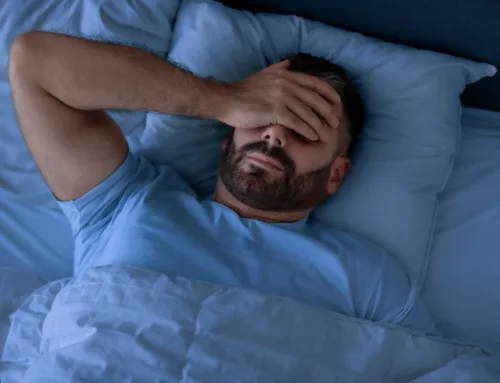What Does it Mean to Detox from Drugs?
The first step towards recovery is choosing to change your life. Once you’ve made this courageous decision, action is needed to continue the recovery process.
The first physical action in recovery is detoxing. Drug detoxing is when you no longer consume drugs and the body begins to flush any remaining toxins out of the system. While it sounds simple enough, it can be a mentally and physically taxing process for both the body and the mind. However, it is the only way in which you can successfully begin working towards sustained recovery.
What is detoxing from drugs like?
Detoxing can be an uncomfortable process because of the withdrawal symptoms that arise. Withdrawal symptoms are the physical and mental conditions that manifest as a result of the lack of drugs in the body. It is a sign the body is beginning the healing process, uncomfortable as it may be.
Which withdrawal symptoms you experience during detox depend on a number of things, including:
- What drug was being used
- How long it has been being used
- The dosage and frequency of use
- Whether it was mixed with any other drugs or alcohol
The most common withdrawal symptoms (regardless of the specific drug), are likely to include:
- Muscle pain
- Pain in joints and bones
- Fever or chills
- Nausea or vomiting
- Flu-like symptoms
- Intense physical cravings
- Mood swings
- Insomnia
- Periods of intense agitation, irritability or even aggression
Sometimes symptoms can appear to get worse even after the drug has left the body as the brain adjusts to the lack of illicit chemicals.
Ways to detox from drugs
There are different methods of detoxing. Cold turkey is stopping use completely, without the use of tapering or medications. This can be done either on your own or in a treatment facility, although many would advise against attempting cold turkey detox without the supervision of a medical professional. You will feel all the withdrawal symptoms with this method, and as some of the symptoms can be as severe as seizures, having medical help available is recommendable.
Another method is through medication-assisted treatment, where, under the care of a physician, you can be prescribed medication in order to help you feel lessened effects of withdrawal symptoms. It is important to note that medication-assisted treatment (MAT) is not replacing one drug with another. Rather, it’s prescribing a non-addictive medication to help ease the effects of withdrawing from a severe substance like heroin or cocaine.
A third effective treatment known as tapering is the method of slowly lessening the dosage of an opioid (for example) over a scheduled amount of time. This allows the body to slowly get used to the lack of substance use while also decreasing the impact of withdrawal symptoms.
How long does drug detox take?
Initial detox symptoms subside within a few days of the final dose, but the effects can last for weeks afterward as the body begins to heal itself. Some people notice that they continue to feel fuzzy-headed, and may have mood swings or feel irritable. They may also have trouble sleeping and be unable to concentrate. This is normal as the brain relearns proper ways of functioning.
There are a few ways to help make detox easier after the first few days. Drinking lots of water helps to clear the system. Cranberry juice is also known to be a purifying cleanse for the body. Exercise can help relieve stress and boost mood levels. And don’t forget the ever-valued importance of sleep – your body is being put through a highly difficult challenge, and getting as much sleep as you can is the least you can do to provide it with vital strength and energy.
Drug detox and mental health
Drug detox also includes dealing with the psychological aspects of stopping use. A treatment program should offer therapy options that meet your mental health needs. This might include individual therapy to work on underlying issues, group therapy that can include loved ones, medical education services for those addicted to prescription drugs or life skills classes for those challenged with outside responsibilities.
The process of detoxing from drugs doesn’t end when the drugs leave the system. It is merely the first step in the recovery process. It requires mental and emotional healing along with physical healing. Thankfully, inpatient drug detox facilities like Freedom Detox strive to meet all the needs of the clients, from physical detox to long-term recovery plans.
To learn more about drug detoxing, including information on enrolling in a detox program today, call Freedom Detox at 800-475-2312.





